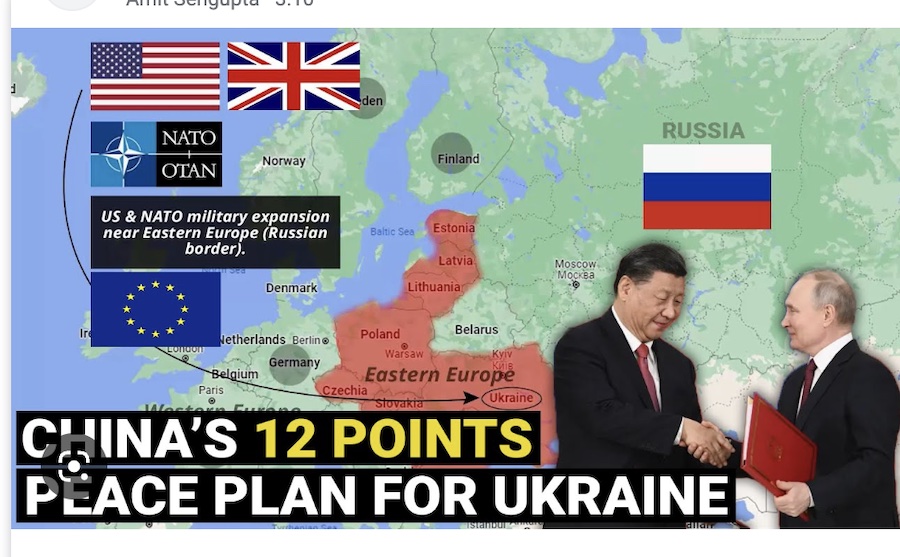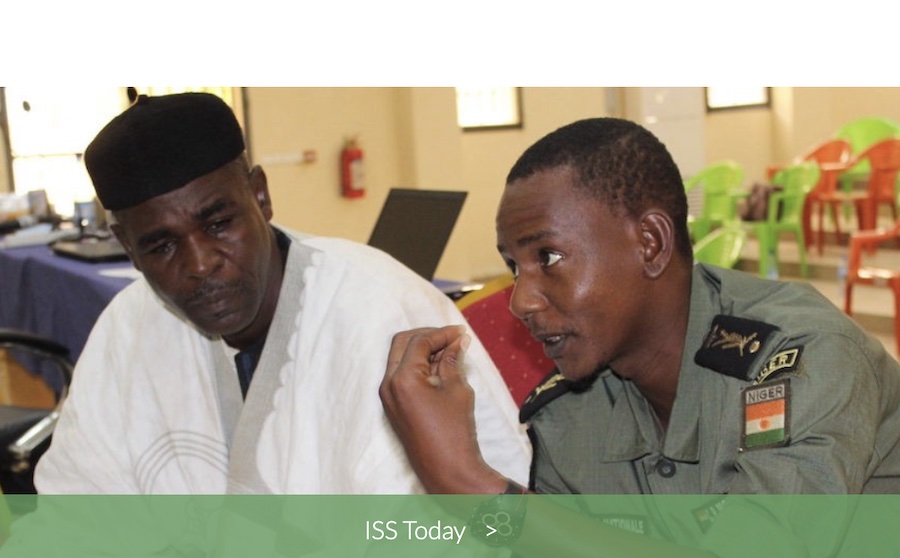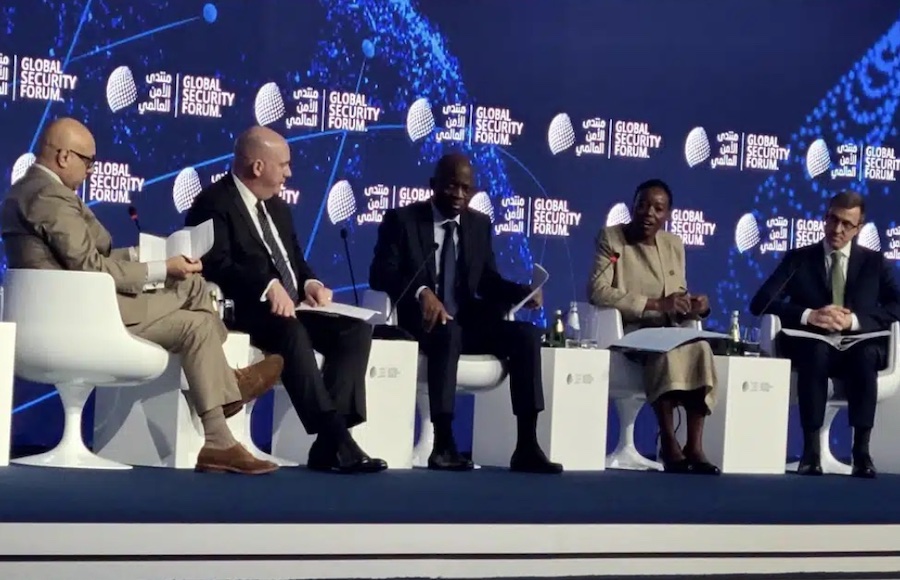DISARMAMENT & SECURITY .
A press release from Mouvement de la Paix (translation by CPNN)
China has presented a document for a just and lasting peace entitled “Global Security Initiative”.
This initiative follows a document presented by XI Jinping in 2022 and has the support of many countries.
This twelve-point document notes the growing turbulence and conflict in the world and proposes to promote lasting peace through dialogue rather than confrontation.

It insists, among other things,
– On respect for the sovereignty of each country,
– On the rejection of the use of nuclear weapons and the cessation of research and development of chemical and biological weapons,
– On abandoning the Cold War mentality,
– On the cessation of hostilities and the opening of negotiations,
-On the resolution of the humanitarian crisis and the protection of civilians and prisoners of war,
-On the safety of nuclear power plants.
Unsurprisingly, the USA, NATO and the North Atlantic world have worked to minimize this initiative. It is not credible in their eyes “because of the good relations between China and Russia”.
The President of the European Commission explained “that China had taken the side of Moscow”.
US Secretary of State Antony Blinken even believed he had secret information saying that “China was preparing to deliver weapons to Russia”.
In this distressing context, Emmanuel Macron’s position seems almost courageous, by “daring” to underline the obvious by saying that “the fact that China is committed to peace efforts is completely good” and by announcing “a next trip to Beijing”.
On the other hand, among many countries of the Global South, Beijing’s initiative was received much more favorably, considering this document as “an important contribution”, in particular “on the need to avoid the use of nuclear weapons”.
(Continued in right column)
Can the peace movement help stop the war in the Ukraine?
(Continued from left column)
This position echoes the words of the UN Secretary General who is worried about “a major risk for humanity”.
Brazil, through the voice of its President Lula, has advanced an approach similar to that of Beijing by calling for “the creation of a group of countries not involved in the conflict in order to assume responsibility for restoring peace”.
Lula explains that “the Chinese text reaffirms the main principles of the UN on the sovereignty of each country and urges Russia and Ukraine to strictly comply with international humanitarian law” and denounces “any recourse to nuclear weapons explicitly disavowing Vladimir Putin when he decreed the suspension of his country from participation in the SALT 2 agreement.
It also proposes, “a new global governance with an enlargement of the UN Security Council which would lead to permanent seats for Africa, Latin America and the Caribbean”.
President Lula also speaks for the non-aligned countries, believing that “V. Zelensky and NATO bore some responsibility in the process that led to Russia’s aggression against Ukraine, following the installation of military bases on the borders of Russia”. He specifies that “Brazil refuses to supply any arms”.
While it is indeed important to remember this fact, it is just as important to remember that nothing can justify the Russian invasion of Ukraine.
Finally, it was from Ukraine that came the clearest proof of the seriousness of the Chinese peace initiative since Volodymyr Zelensky announced that he wanted to “meet Xi Jinping” adding that “it would be important for global security”.
This set of reactions reinforces the position of Mouvement de la Paix that we cannot conceive of peace on the basis of a military victory for one camp or another.
It is the essence of any political settlement and the condition of a lasting peace to respond to the legitimate interests of the various parties in conflict.
It is urgent and essential, from Moscow to Washington, via Brussels and the European capitals, that the terms peace, ceasefire and negotiation reappear in the diplomatic vocabulary.
Strong and concerted diplomatic initiatives are urgently needed.
It should be noted that since March 10, Saudi Arabia and Iran, two enemy powers, have – after a seven-year interruption – reestablished their diplomatic relations. This agreement, concluded under the auspices of China, shows that the hope of peace can be born even where one did not expect it.
This new example of diplomacy in the service of peace must encourage pacifists to seize all opportunities, wherever they come from, to advance the settlement of the conflict in Ukraine.
This is one more reason to continue popular mobilizations in France and worldwide to demand an end to the fighting and a negotiated outcome, for a lasting peace in compliance with the United Nations Charter.








